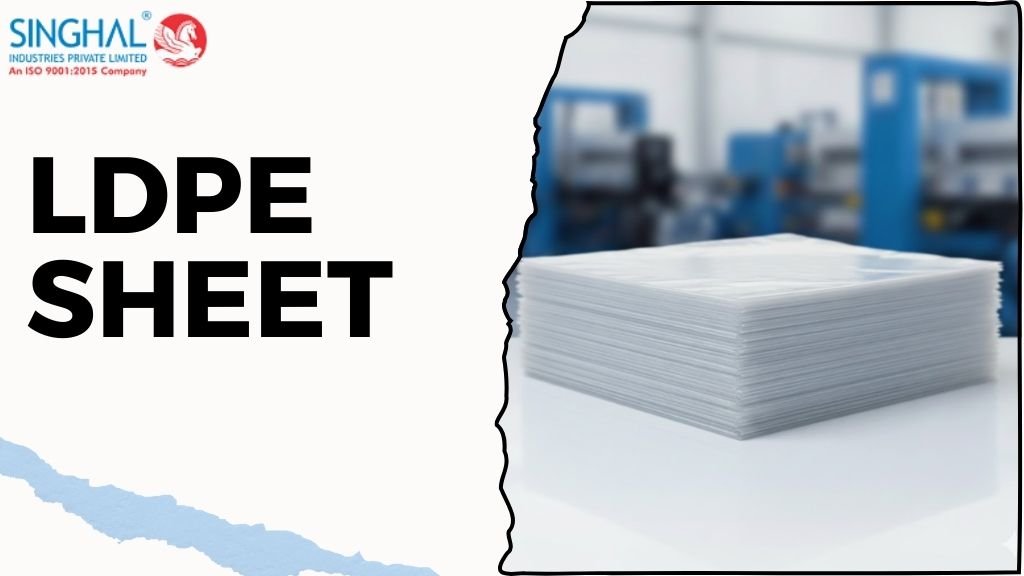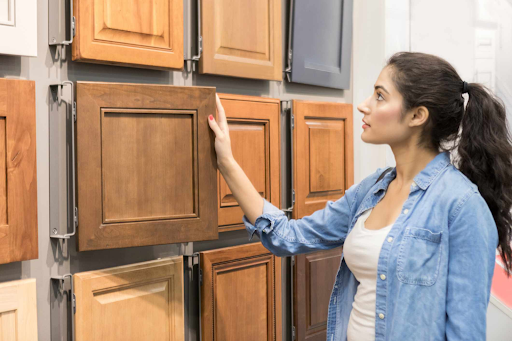If you own a restaurant, cafe, or even a home with a grease trap, you already know how are important it is. Grease traps help stop fats, oils, and grease (also called FOG) from going into the drain and blocking your pipes. But to make sure your grease trap works well and lasts long, you must be careful about what goes down your kitchen sink.
In this blog, we’ll talk about the things you should never pour down the drain if you have a grease trap. We’ll also explain why it’s bad, what can go wrong, and how to take care of your grease trap the right way.
Note :If you’re looking for reliable cleaning or maintenance for your grease trap in UAE, we’re here to help. Keep your kitchen running smoothly and avoid costly plumbing problems. Get in touch with us today to book a service or ask any questions—your grease trap will thank you
Why Grease Traps Are Used in Kitchens

Grease traps help prevent plumbing problems
Grease traps are boxes placed under sinks or in the ground to catch fats, oils, and grease. These things can build up in the pipes and cause big problems like blockages and bad smells. A grease trap helps to separate the FOG from the water, so only clean water goes into the main sewer line.
Grease traps protect the environment
When fats and oils enter the sewer system, they can mix with other waste and create large fat blocks. These can harm the environment and even damage city sewage systems. A grease trap stops this from happening.
What Happens If You Pour the Wrong Things Down the Drain?
Your grease trap may stop working
Grease traps are made to catch fats and oils, not other waste. If you pour the wrong items down the sink, your grease trap might get clogged or damaged, and it won’t work properly anymore.
Your pipes may get blocked
Some items can mix with grease and make thick layers inside your pipes. This can block the flow of water and cause backups in your kitchen.
You may have to pay for expensive repairs
Fixing clogged pipes or a broken grease trap can be costly. If the problem gets worse, you may even need to replace the whole system.
What Should You Never Pour Down the Drain If You Have a Grease Trap?
Let’s go through a full list of things you should avoid putting down the drain. These items can cause serious problems in your grease trap and plumbing system.
1. Cooking Oil and Used Frying Oil
Why you shouldn’t pour it down the drain:
Cooking oil may look like a liquid, but once it cools down, it hardens. This can stick to the walls of your grease trap and pipes, causing thick grease layers.
What you should do instead:
- Let the oil cool.
- Pour it into a container with a lid.
- Take it to a recycling center or use a grease collection service.
2. Butter, Margarine, and Lard
Why you shouldn’t pour it down the drain:
These items are solid at room temperature. When they go into the drain, they cool down and turn solid again, blocking your pipes and your grease trap.
What you should do instead:
- Scrape butter and lard into the trash using a paper towel.
- Throw away solid fats into the garbage bin, not the sink.
3. Food Scraps and Leftovers
Why you shouldn’t put them down the sink:
Even small food scraps can cause blockages. When mixed with grease, they make the problem worse by forming thick sludge in your grease trap.
What you should do instead:
- Scrape plates into a trash bin before washing.
- Use sink strainers to catch small food pieces.
4. Dairy Products (Milk, Cream, Yogurt, Cheese)
Why you shouldn’t pour dairy into the drain:
Dairy items break down in a way that produces a lot of bad bacteria. This can create strong smells and increase grease trap waste.
What you should do instead:
- Throw spoiled milk or cheese into the garbage.
- Use it in compost if allowed in your area.
5. Meat Fats and Bones
Why you shouldn’t wash them down the drain:
Fats from meat behave like cooking oil and harden inside the pipes. Bones can also damage the trap and create serious clogs.
What you should do instead:
- Put meat fat and bones into a sealed bag and throw them in the trash.
- Avoid rinsing raw meat bits into the sink.
6. Sauces, Gravies, and Dressings
Why they are a problem:
These items often contain oil, fat, and dairy. Even in small amounts, they add up and fill your grease trap faster.
What you should do instead:
- Wipe off plates and pans with a paper towel before washing.
- Pour leftover sauces into a container, then dispose of it in the trash.
7. Coffee Grounds
Why you should avoid them:
Coffee grounds may seem harmless, but they can mix with grease and create a thick paste that blocks your drain and grease trap.
What you should do instead:
- Throw used coffee grounds into the garbage or compost bin.
8. Flour, Dough, and Starches (like rice or pasta)
Why they are dangerous:
Flour and starches expand in water and can turn into glue-like paste inside your pipes and grease trap.
What you should do instead:
- Never wash uncooked flour, dough, or rice down the sink.
- Scrape these items into a trash bin before rinsing.
9. Cleaning Chemicals or Soaps with Strong Degreasers
Why they cause problems:
Many people think strong cleaners will help break down grease. But these cleaners can actually break down the grease in your trap and send it into the sewer, where it reforms and causes bigger blockages later.
What you should do instead:
- Use mild soap and warm water.
- Ask your plumber or grease trap cleaner about safe cleaning products.
10. Paints, Solvents, and Other Chemicals
Why you must avoid them:
These are not just bad for the grease trap—they are harmful to the environment and water system. Chemicals can mix with grease and create dangerous waste.
What you should do instead:
- Dispose of chemicals following local waste disposal rules.
- Never pour them into any drain.
Tips to Keep Your Grease Trap Working Well
Now that you know what not to pour down the drain, here are a few simple tips to take better care of your grease trap:
Clean it regularly
A clean grease trap works better. Depending on your usage, you may need to clean it every week or month. Restaurants often clean theirs every 1–4 weeks.
Train your kitchen staff
Make sure everyone who works in the kitchen knows what can and cannot go down the sink. A small mistake can turn into a big problem.
Use sink strainers
Sink strainers catch solid waste like food, bones, and even coffee grounds before they reach the trap.
Hire a professional cleaning service
Sometimes it’s better to let a professional clean your grease trap. They know how to do it safely and completely.
Final Thoughts
Taking care of your grease trap starts with watching what you pour down the drain. Things like oil, food scraps, and cleaning chemicals can cause your grease trap to fail and your pipes to clog. These problems can be messy and expensive to fix.
By avoiding the wrong items and following good kitchen habits, you can keep your grease trap working well, avoid costly repairs, and help protect the environment too.
For more insightful articles related to this topic, feel free to visit : techners












Leave a Reply